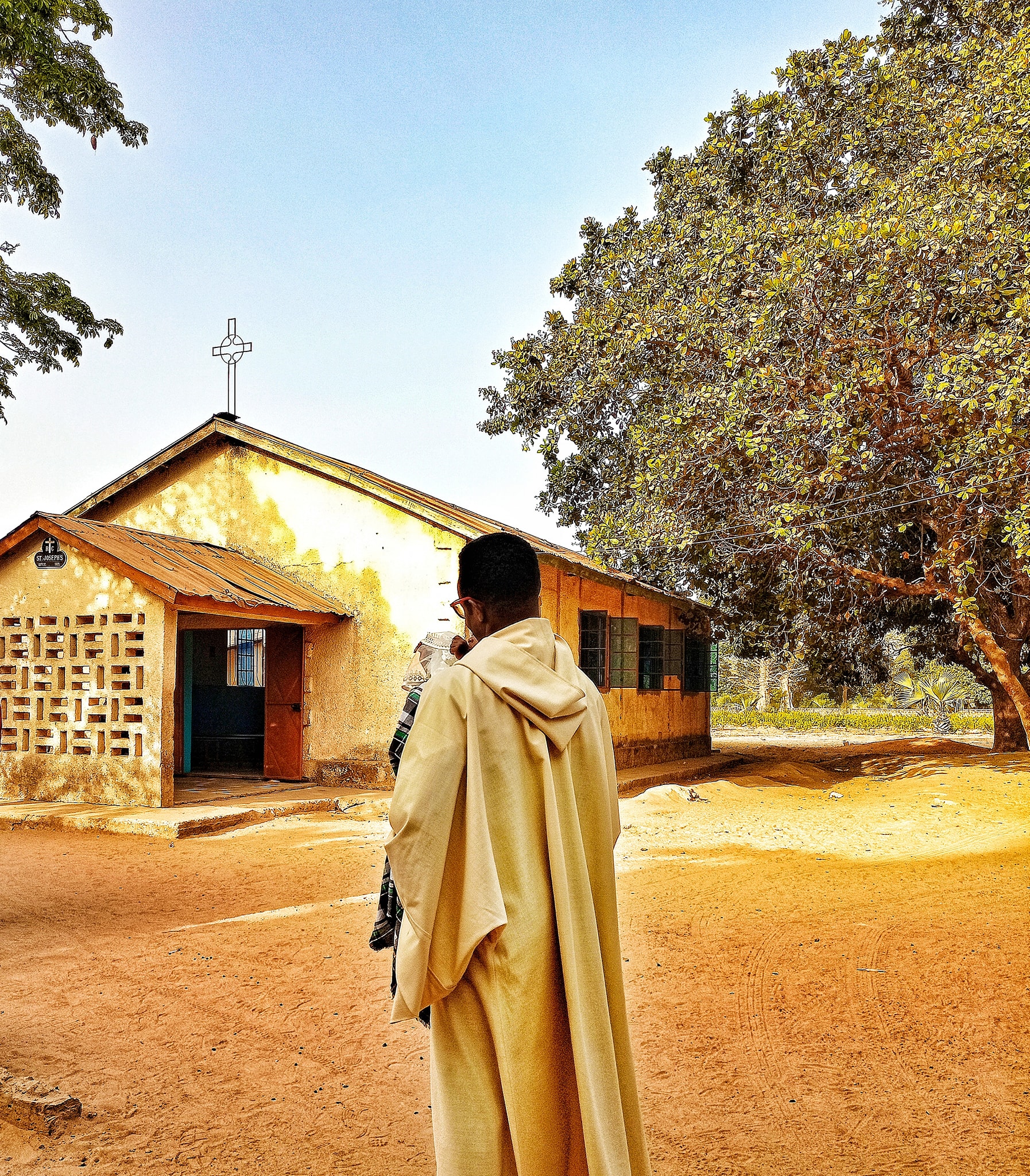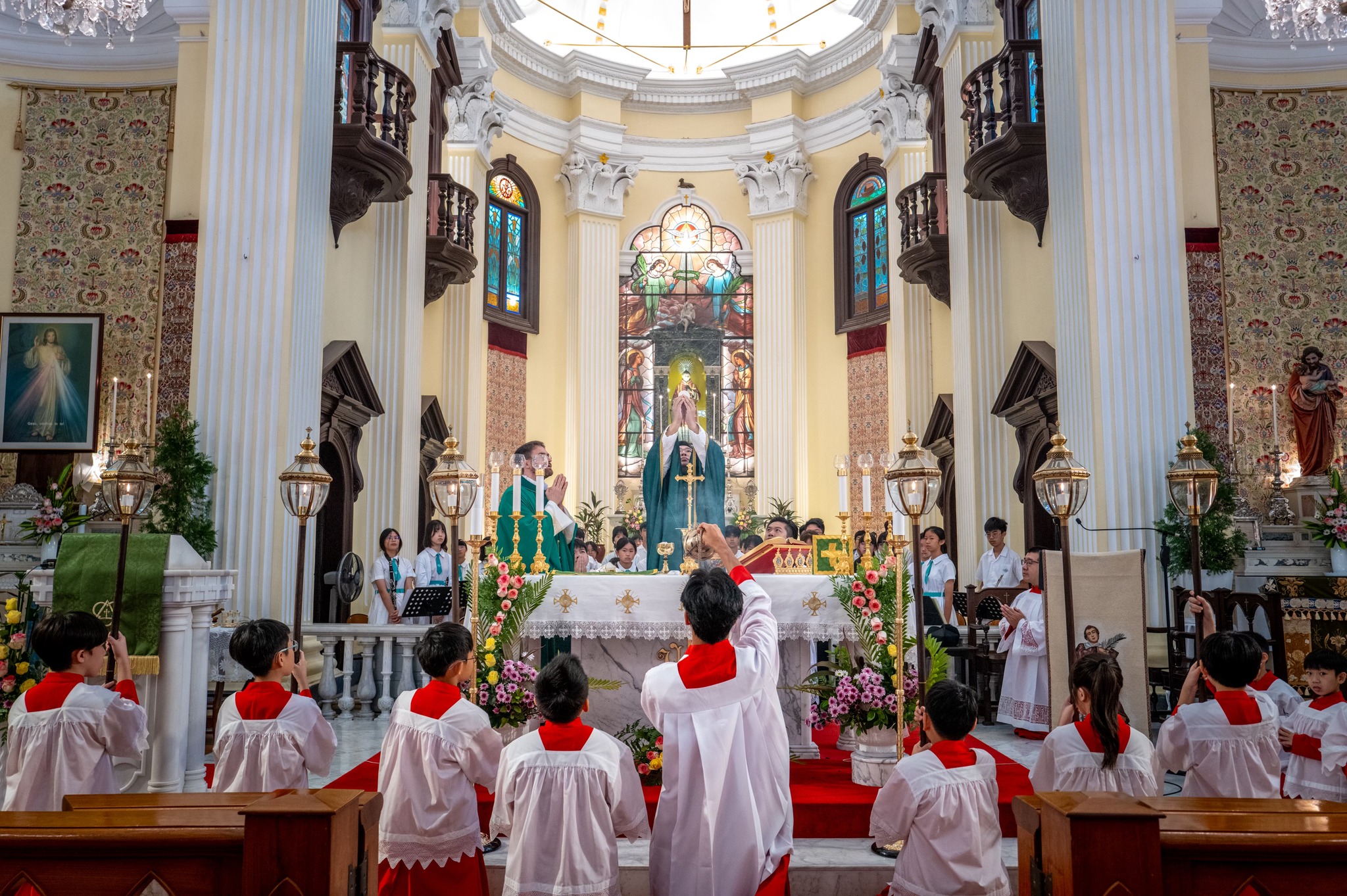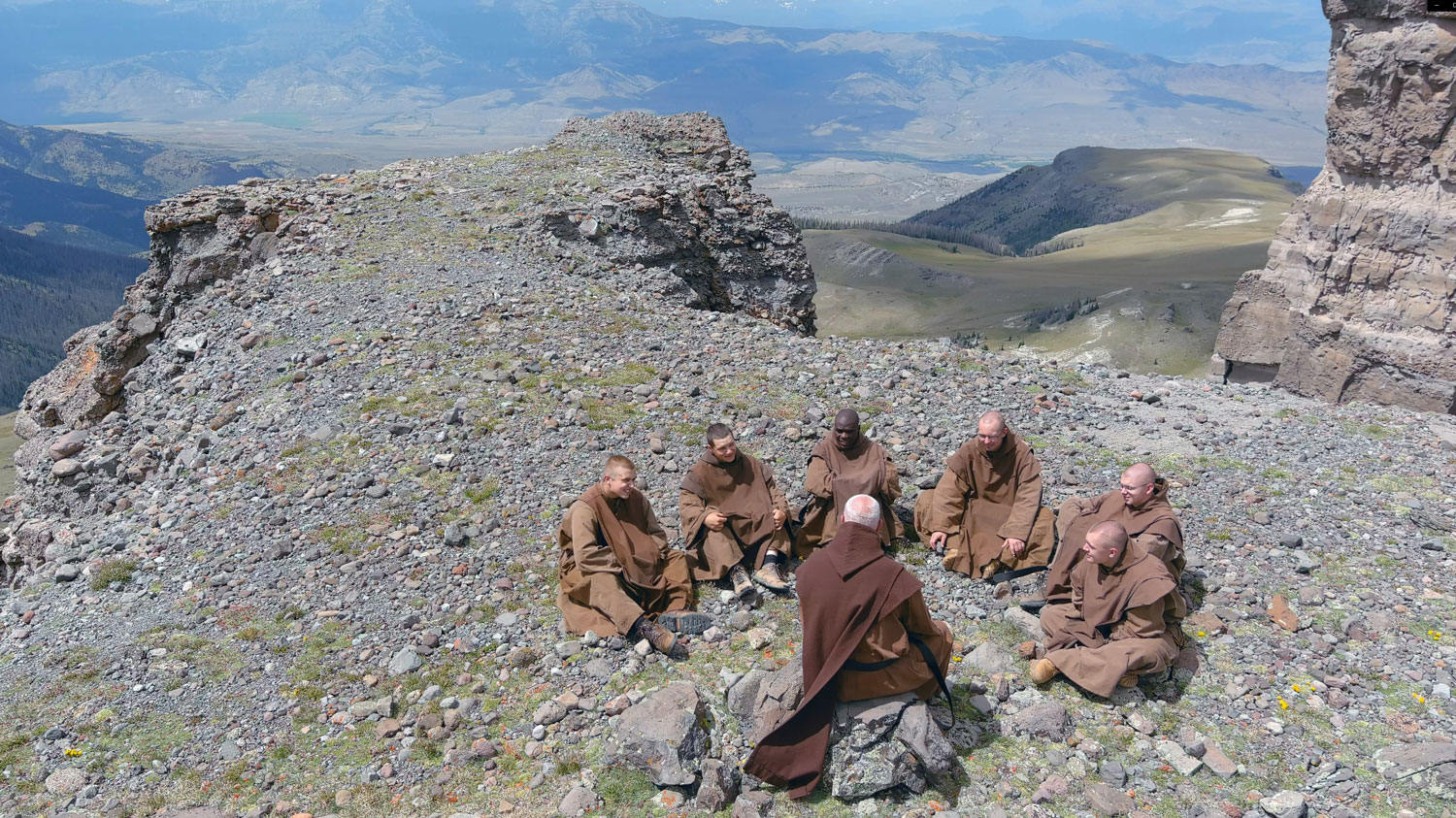FAUSTO GOMEZ OP
Theologians speak today of a post-Vatican II spirituality and a spirituality for the third millennium. There is today a perceptible growing interest in spirituality in general, and Christian spirituality in particular. The masters of Christian spirituality continue and will continue exerting a basic influence on the spirituality of the third millennium. The classics of mystics and other great authors will also be read by many through this millennium. Today, moreover, a global view of spirituality includes more deeply and extensively than yesterday’s spiritual and mystical traditions in Asia, Africa and the Americas, and regional spiritualities.
Hereafter, the author considers briefly three points: some current trends, main characteristics of a spirituality for today, and some guiding books for the journey of life.
Spiritual theology – spirituality – today faces great challenges, which may become opportunities or dangers – or both presenting together. The 21st century world, more and more the global village predicted by Marshall McLuhan, the digital continent longs for God’s presence and experience.
We live in the age of globalization, technology and secularization, a world permeated by aggressive atheism, extreme relativism and new forms of persecution of Christians. We have, in the expression of Pope Benedict XVI, a certain “spiritual desertification,” and, in the words of Pope Francis, a kind of “spiritual worldliness,” which is even present in some Catholic groups and movements that seek personal instead of God’s glory, self-love and personal enhancement instead of the centrality of Christ, the liberation and salvation of others, in particular the marginalized. This spirituality or rather spiritualism of self-enhancement of “selfing” instead of “unselfing” or self-emptying ourselves is described as being too narcissistic and obsessed with personal happiness only. It is spirituality qualified as “light,” as a “hedonism of the spirit” that in the case of Christians creates a Christ made-to-order according to personal taste and mold. It may mix elements from different religions. New Age, Neopaganism and Scientology are among these currents in spirituality today.
That is not the whole and complex picture. There is today, on one hand, an apparent dissatisfaction with organized or structured religions and spiritualties. On the other hand, there is today a clearly growing attraction of spirituality, of “the spiritual exercise,” of the “interior life,” of the “occult,” of pilgrimages.
Surveys show that many people will say to you: “I am not very religious, but I am very spiritual.” And yet, these surveys also tell us that some religious devotions are coming back and so is the increasing participation of people in pilgrimages and visits to the so-called “holy places.” Furthermore, prayer groups are mushrooming everywhere.
Certainly, in the desert of our secular world, many people are searching for the oasis of spirituality. There is indeed a growing longing among many peoples for the spiritual, the transcendent, the mystical, and the mysterious. There is in this world an increasing attraction of spirituality understood in a vague sense. Even atheists, agnostics, indifferent people are searching for spiritual experiences, for a spirituality without God, or, as coined by French author Francoise Champion, a wild spirituality.
________
“To know and not to do is not yet to know”
_______
Among those many characteristics or traits of Christian spirituality today, which will continue tomorrow, are the following: Christ-centered; charismatic/pentecostal; biblical, liturgical and Eucharistic; grace-virtue-gifts; feminine and lay spirituality; historical and eschatological; a contemplative and liberating spirituality; dialogical, ecumenical and intercultural (from competition to cooperation), and global and contextual.
Nowadays, some theologians speak of four levels of spirituality, namely: spirituality as a fundamental dimension of the human being; spirituality as the “experience” of God’s presence or of human integration through self-transcendence; the expression or formulation of that experience, and a systematic study of that experience and its formulation (Michael Downey).
Joann Wolski Conn notes five different trends in current studies on spirituality: “sustained attention to feminist issues, concern for the link between prayer and social justice, reliance on classical sources for answers to current questions, recognition of the value of developmental psychology and its understanding of the ‘self,’ and agreement that experience is the most appropriate starting point.” For his part, Richard Woods underlines six characteristics for any spirituality “for a possible future.” These are: holistic, biblically grounded, developmentally oriented, life affirming, socially and ecologically responsible.
Paul Lin points out the following as essential elements of Christian spirituality, of Christian life today: The return to the Sacred Scriptures, liturgy and the Fathers of the Church; trust in and love of God as the foundation of spirituality; some amplitude for contemplation, a path to help people love others, and the use of non-violence.
Some theologians today, moreover, speak of various models of the Christian ideal of life and spirituality: the models of holiness, perfection, union with God, doing God’s will, and following Christ. Richard Gula speaks of “the ascetical model, the incarnational model, the contemplative and the social activist” – these models complement each other.
Donald Goergen underlines that the third millennium spirituality faces four challenges: contemplation (dialogue with other religions and Christians), “the other” (dialogue of cultures), solidarity (dialogue with the poor), and a new cosmic vision (dialogue with creation). Goergen believes – the author agrees fully – that the greatest challenge of Christianity, of spirituality and theology in general today is “whether we live what we believe,” the challenge of the next centuries will be that of orthopraxis.
The greatest challenge of spirituality in the third millennium, I submit, is, undoubtedly, correct practice, orthopraxis. The study of spiritual theology – of Christian life – today is not just to know, but to practice: “To know and not to do is not yet to know” (Buddhist Proverb). One studies spirituality to search for God – for interior space – to be transfigured, to preach the Good News of Jesus: charitable justice, merciful love and courageous faith and hope.


 Follow
Follow


